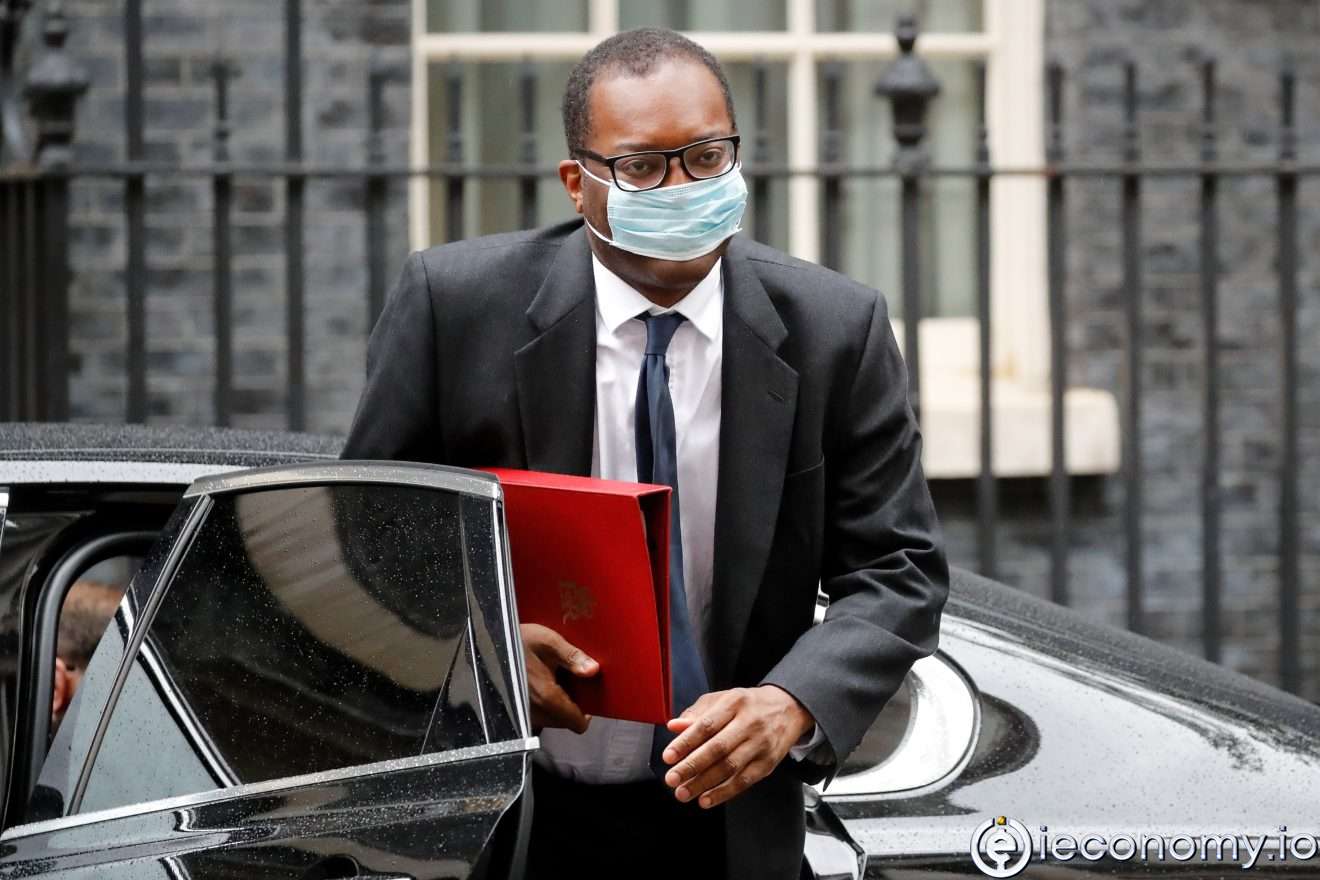4454
0
Britain has introduced a new state aid regime after Brexit
Britain on Wednesday introduced a new regime of state subsidies after Brexit. Britain will not save failing companies.

Yazar: Tom Roberts
Yayınlanma: 1 Temmuz 2021 22:07
Güncellenme: 3 Mart 2026 06:01
Britain has introduced a new state aid regime after Brexit
Britain on Wednesday introduced a new regime of state subsidies after Brexit. At the same time, it undertook not to return to state control in the style of the 1970s and not to save failing companies. Following Britain's departure from the European Union (EU), state aid has been a key point in the lengthy and difficult negotiations on a trade agreement with Brussels. Disputes over the so-called "level playing field" in the context of fair competition have caused problems. It was not until last December that both parties managed to reach a trade agreement after 11 hours of negotiations. The UK government has described its new state aid regime as a "faster and more flexible" alternative to the EU's "bureaucratic" state aid regime, saying it will drive economic growth in priority areas. "The new UK system will be based on the basis on which subsidies are allowed if they are governed by Europe-wide principles," the report said, claiming that subsidies would be provided in a timely and effective manner, bringing "good value" to British taxpayers. "These UK-wide principles will allow authorities to provide subsidies where they are needed, without facing excessive bureaucracy. This system will not be a return to the failed approach of the 1970s, when the government sought to control the economy by selecting winners or rescuing unsustainable companies. " The new subsidy scheme will also apply to decentralized administrations in Scotland, Wales and Northern Ireland. The government in London also plans to prevent "displacement" under the new system, ie the provision of subsidies that could lead to the transfer of jobs and economic activity from one part of the country to another. Brexit itself has exposed deep "fault lines" in the United Kingdom. Scotland, which voted against Britain's withdrawal from the EU, saw a sharp increase in support for nationalists and renewed calls for independence. In addition, Britain is still failing to introduce separate trade measures for goods transported to Northern Ireland, which has threatened to retaliate from Brussels. Northern Irish unionists, supporters of the province's existence in Britain, demand the repeal of the trade protocol there.İLGİLİ HABERLER





European stocks soared and focus shifted to German retail sales after Powell's speech!

Forex Signal For TRY/USD: Inflation Slowdown in November.

Forex Signal For GBP/USD: Bullish Trend Still Not Breaking While Recovery Continues.

Forex Signal For EUR/USD: Starry US Data Points to Higher Fed Increases.

Forex Signal For BTC/USD: Downside Continues as Bitcoin Recovery Moves Less.
En Popüler Haberler
Yorum Yap
Yorumlar
Henüz yorum yapan yok! İlk yorumu siz yapın...